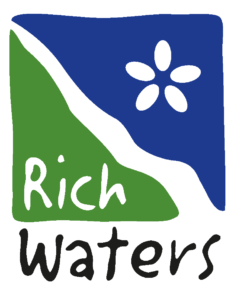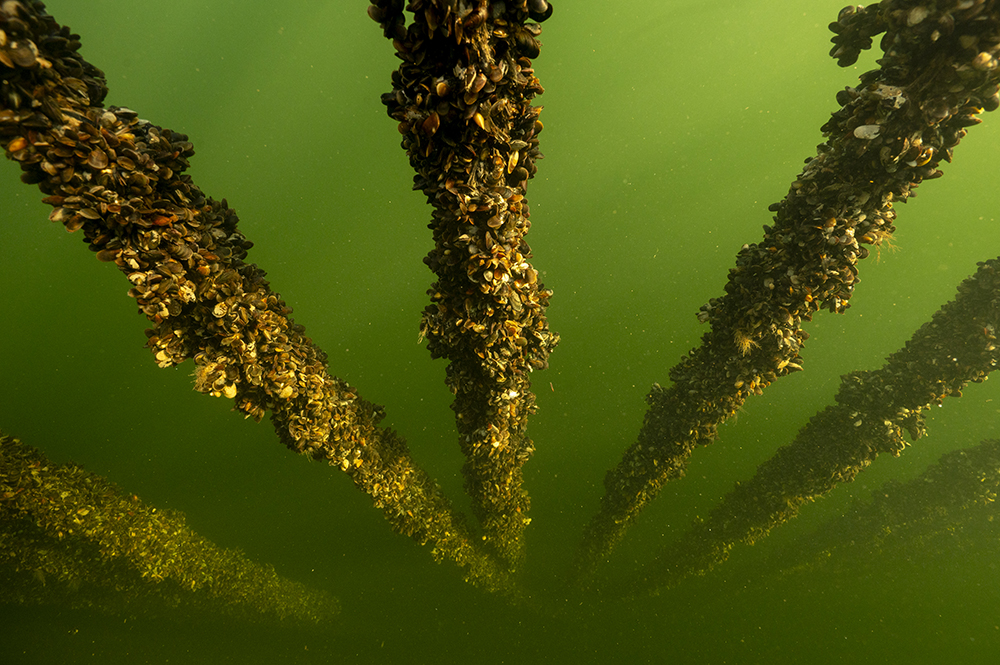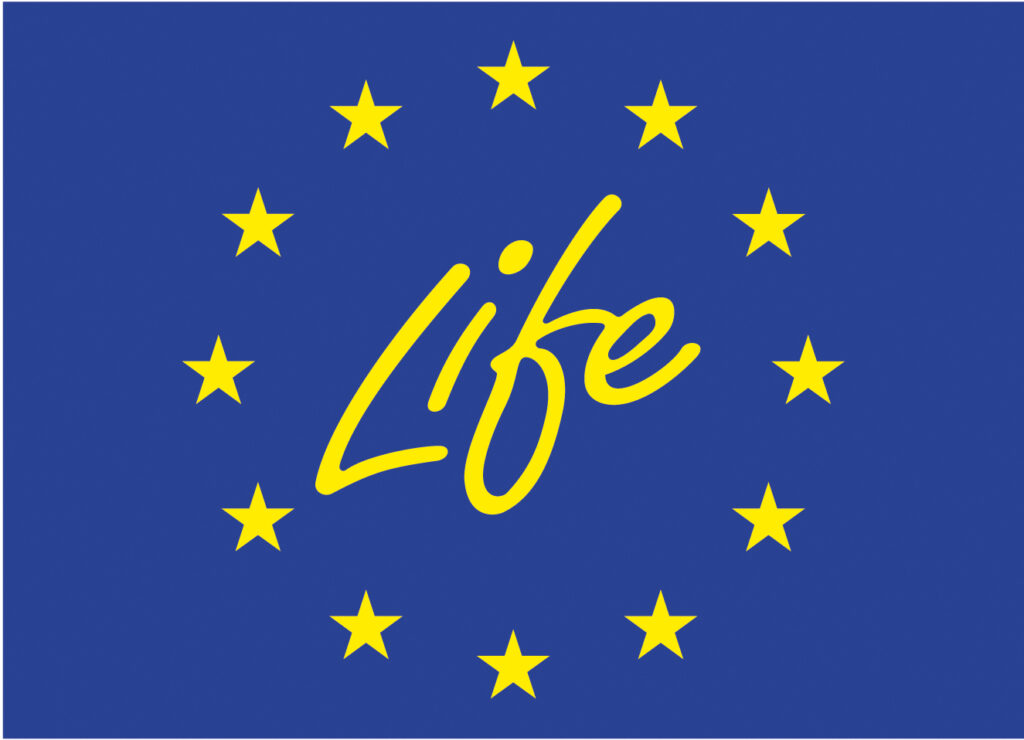The Baltic Sea has major problems with eutrophication. Eutrophication is caused by high emissions of phosphorus and nitrogen found in water from agriculture and industry. And old phosphorus is released from the bottom of the Baltic Sea itself. The marine environment is in need of extensive action.
Blue mussels may form part of the solution. Mussels feed by filtering the water to remove phytoplankton. The nutrients from the phytoplankton are stored in the mussels themselves, and the nutrients return to land when the mussels are harvested. Both the shell and the meat of the mussels can then be used as animal feed or fertiliser in agriculture, for example. Blue mussels create a cycle between sea and land in which important nutrients are captured and utilised.



